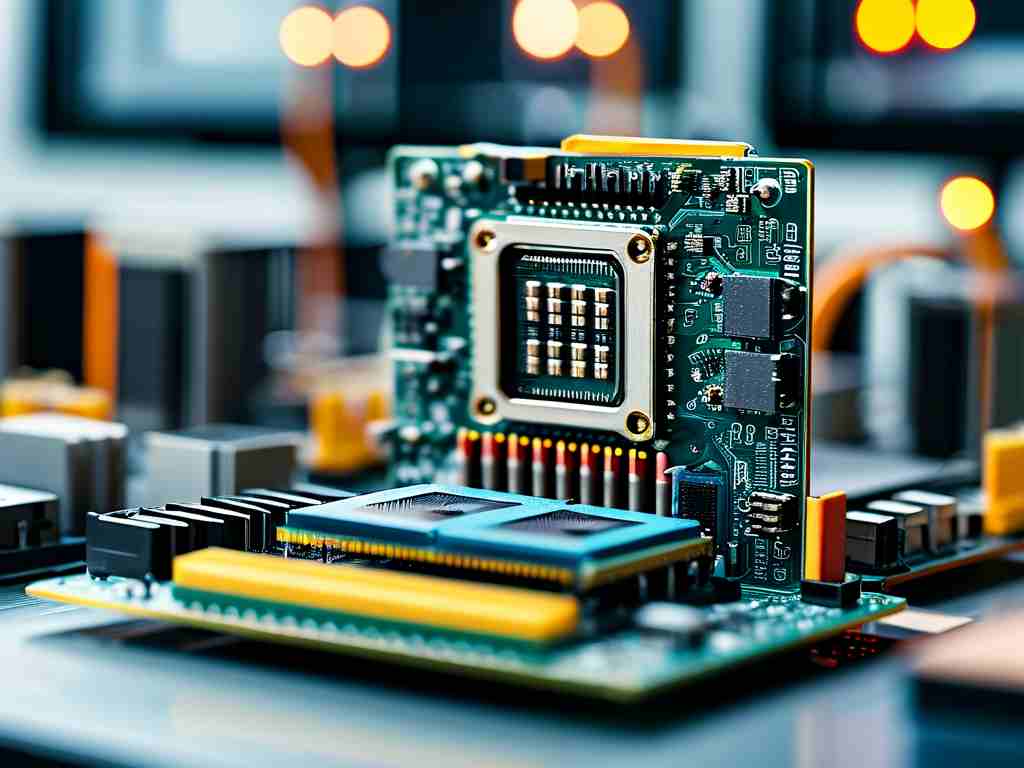As a rising hub for electronics manufacturing, Wenzhou has emerged as a critical player in the embedded systems industry. Embedded development boards designed and produced in this region are gaining global attention for their adaptability, cost-effectiveness, and robust performance in smart technology applications. This article explores how Wenzhou's embedded solutions are reshaping industries and empowering next-generation innovations.

Technical Advantages of Wenzhou-Made Boards
Wenzhou’s embedded development boards stand out due to their modular architecture and seamless integration capabilities. Unlike generic models, these boards often incorporate localized manufacturing techniques, such as precision soldering and customized PCB layouts, to enhance signal integrity. For instance, the WZ-STM32F4 series integrates dual CAN bus controllers—a feature rarely seen in similarly priced competitors—making it ideal for automotive and industrial automation projects.
Another strength lies in their power efficiency. Many boards leverage low-power chipsets like the RISC-V-based WZ-RV1108, which operates at 1.2GHz while consuming under 2W. This makes them suitable for battery-driven IoT devices, such as environmental sensors or wearable health monitors.
Real-World Use Cases
- Smart Agriculture
Farmers in Zhejiang Province are using Wenzhou-developed boards to create automated irrigation systems. By connecting soil moisture sensors and weather APIs, these systems dynamically adjust water usage. A typical setup might include:
void loop() {
int moisture = analogRead(A0);
if (moisture < 300) {
digitalWrite(relayPin, LOW); // Activate pump
delay(5000);
digitalWrite(relayPin, HIGH);
}
}- Industrial Robotics
A Ningbo-based factory recently deployed robotic arms controlled by Wenzhou’s RK3566-powered boards. The quad-core ARM processor enables real-time path planning, reducing assembly errors by 18% compared to previous systems.
Challenges and Solutions
Despite their advantages, Wenzhou’s embedded boards face challenges in software ecosystem development. While hardware specs rival international brands, middleware support remains limited. To address this, local firms are partnering with open-source communities to build customized Linux distributions and ROS (Robot Operating System) packages.
Thermal management is another area of improvement. High-performance boards like the WZ-H618 (featuring a 64-bit AI accelerator) require advanced cooling solutions. Manufacturers are experimenting with graphene-coated heat sinks to maintain sub-60°C temperatures under load.
Future Outlook
The next phase for Wenzhou’s embedded industry lies in AI-at-the-edge applications. Prototypes showcased at the 2023 Wenzhou Tech Expo demonstrated facial recognition systems running entirely on low-power boards. With partnerships forming between local universities and global semiconductor giants, the region is poised to lead in embedded AI hardware by 2026.
For developers worldwide, Wenzhou’s boards offer a compelling blend of affordability and customization. As supply chains stabilize post-pandemic, these solutions are set to become staples in smart city infrastructure, personalized healthcare, and beyond.









